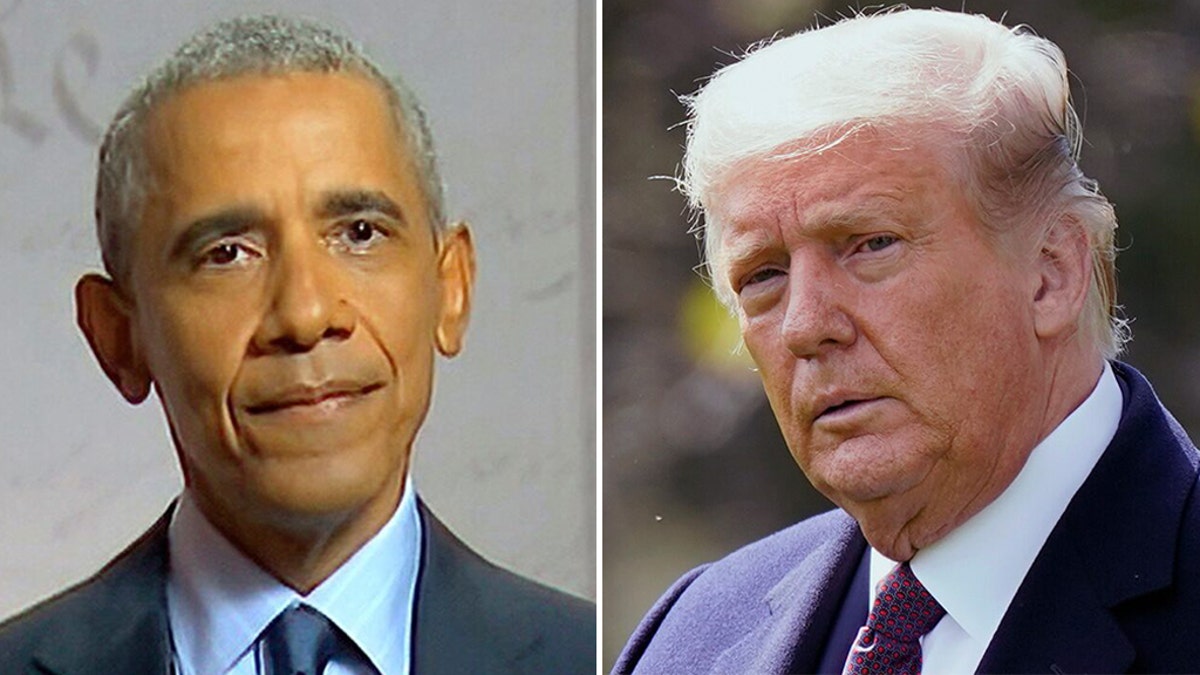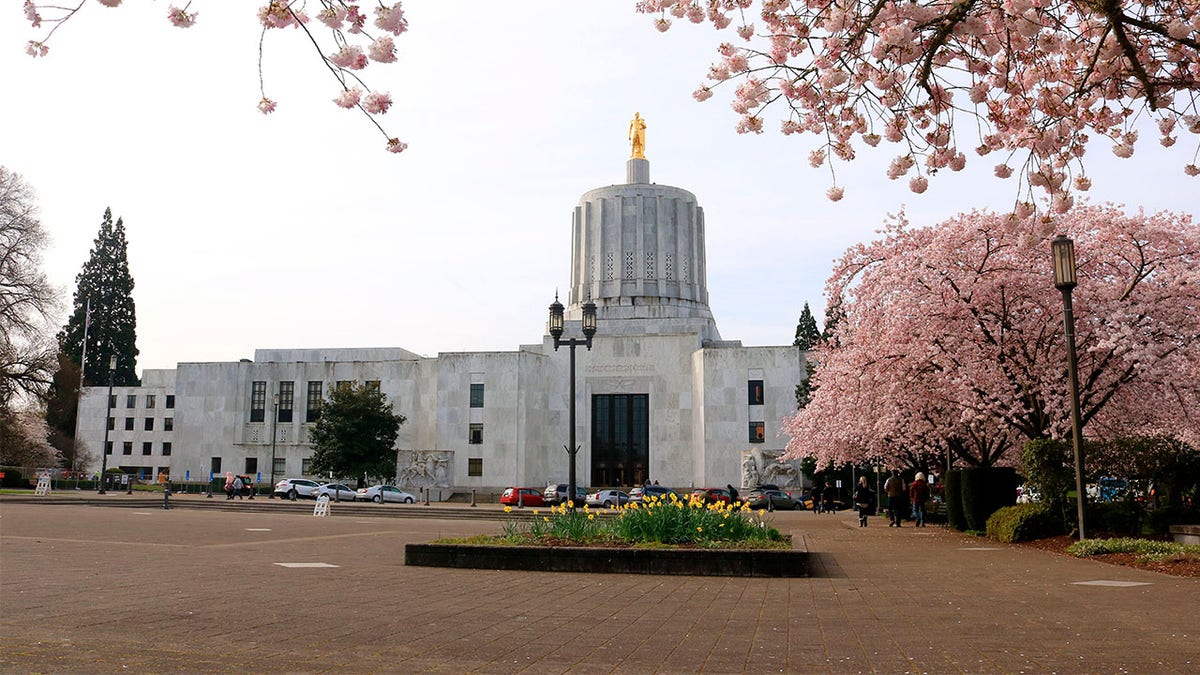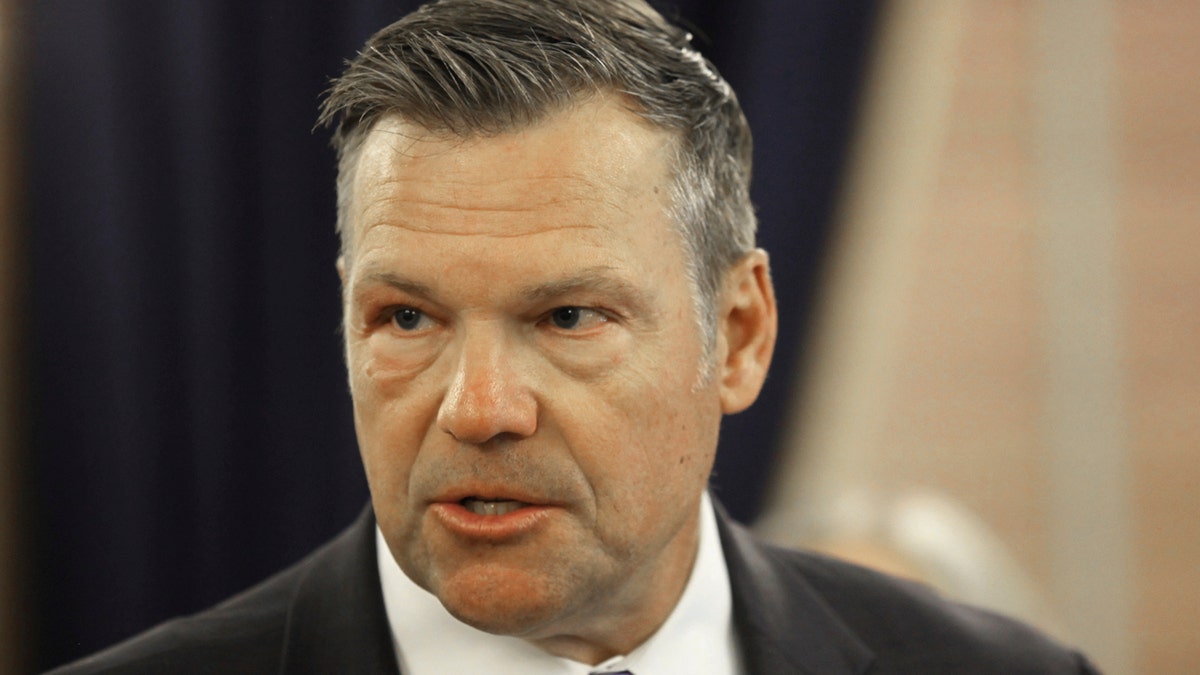The Paris Climate Agreement, an international treaty aiming to limit global temperature increases and achieve net-zero emissions, has sparked debate about its impact on U.S. interests. While presented as a global effort to combat climate change, the agreement raises concerns about national sovereignty, economic implications, and practical effectiveness.
Originally adopted in 2015, the agreement calls for participating nations to submit increasingly ambitious climate action plans every five years. However, the U.S. entry into the agreement has been controversial, bypassing Senate ratification through executive action. This circumvention of traditional treaty processes raises constitutional questions and undermines checks and balances.

The agreement's impact on U.S. energy policy is a central point of contention. Critics argue that it forces U.S. leaders to negotiate domestic energy policy with international entities, pushing for a transition away from affordable and reliable carbon-based fuels towards expensive and unreliable green energy alternatives. This shift could lead to higher energy costs, economic instability, and potential energy shortages, as seen in European countries that have aggressively pursued net-zero policies.

Furthermore, the agreement's financial aspects raise concerns about transparency and accountability. Wealthy nations are expected to contribute to a fund supporting developing countries' climate mitigation efforts. However, questions have been raised about the use of these funds, with some allegedly being diverted to projects unrelated to climate change.



Critics also question the effectiveness of the agreement in achieving its stated climate goals. They argue that restricting U.S. energy production, while other nations with less stringent environmental standards increase their output, may not significantly impact global emissions. Moreover, the massive investment required for the transition to net-zero emissions may divert resources from other productive investments without yielding substantial climate benefits.
Ultimately, the debate over the Paris Climate Agreement centers on balancing global climate goals with national interests, economic realities, and ensuring responsible energy policies.








